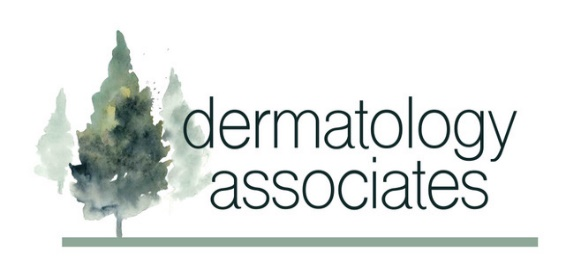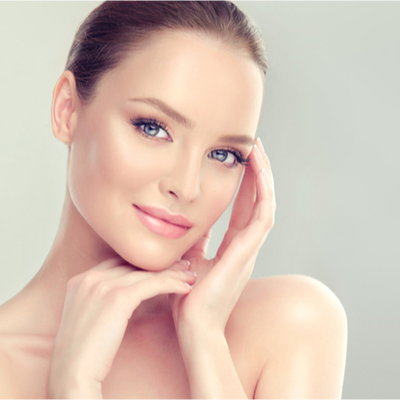OVERVIEW
Aging is accompanied by many changes in our skin. As we age, our skin becomes thinner, looser, and starts to sag. We can also experience loss of fat and volume in our face. Accumulated sun damage leads to the development of wrinkles, dryness, and new skin growths such as age spots and telangiectasias (visible small red blood vessels). These factors all contribute to our aged appearance.
The aim of facial rejuvenation is to help bring back a youthful appearance by tightening the skin, restoring lost volume, smoothing out wrinkles, and removing unwanted red and brown spots. Numerous options are available and treatments can range from minimally invasive to undergoing surgery.
Common Signs of Aging
The most common signs of aging include:
- Loose or sagging skin
- Loss of fat and volume
- Age spots
- Red spots
- Discoloration such as hyperpigmentation (dark spots)
- Wrinkles and fine Lines
The Different Types of Facial Rejuvenation
Before getting any treatment, you should have a consultation appointment with a qualified healthcare professional. During the appointment, your provider will review your medical history, medication list, and past treatments. Be prepared to discuss your treatment goals. Your provider will discuss possible treatment options, associated risks and side effects, and also the expected results.
Some common treatment options for facial rejuvenation include:
Chemical Peels
Light, medium, or deep chemical peels can be used to exfoliate your skin. They work by painting on a chemical solution which subsequently causes peeling and shedding of the outer layers of your skin. The new and regenerated skin will have a smoother and more youthful appearance. This procedure can be used to treat scars, age spots, discoloration, fine lines and wrinkles.
Microdermabrasion
Microdermabrasion is a common non-invasive procedure that uses tiny crystals to exfoliate the outer layer of your skin. It can be used to renew the skin resulting in the diminished appearance of acne scars, brown spots, sun damage, fine lines, and wrinkles.
Microneedling
A popular cosmetic procedure, micro-needling involves using tiny needles to prick the skin. The tiny injuries caused by the needle pricks help to stimulate elastin and collagen production, resulting in a more youthful appearance. Micro-needling can be used to treat acne scars, enlarged pores, fine lines, and wrinkles.
Botox
Botox injections work by blocking the signals between nerves and muscles, thereby rendering the muscles paralyzed. Muscles that are relaxed and unable to contract help to smoothen out fine lines and wrinkles yielding a more youthful appearance.
Fillers
Fillers are composed of soft, gel-like substances which are injected beneath the skin to help smooth out fine lines and wrinkles, restore volume, and enhance facial contouring.
Intense Pulsed Light (IPL)
IPL is a common cosmetic procedure that uses high intensity pulses of visible light to treat skin conditions such as rosacea. IPL can also be used to fade red spots, brown spots, and discoloration.
Laser Therapy
Various types of lasers exist with a multitude of treatment options. In facial rejuvenation, laser therapy can be used to resurface the skin. It uses heat to remove the outermost layer of skin. It can be used to treat fine lines and wrinkles, age spots, sun damage, and uneven skin tone or texture. It can also help improve acne scarring.
Laser resurfacing is available with ablative lasers or non-ablative lasers.
Ablative lasers remove the outer layer of the skin known as the epidermis and heats up the underlying skin (dermis). The process stimulates collagen production leading to smoother and tighter skin.
Non-ablative laser resurfacing also increases collagen production but in a less aggressive approach. It has a shorter recovery time, but results can also be more modest.
Ultrasound
A relatively new form of treatment, ultrasound therapy can improve the appearance of loose and sagging skin. It works by delivering ultrasound energy below the skin surface, stimulating new collagen production. The result is younger and tighter looking skin.
Radiofrequency
Radiofrequency treatments work similarly to ultrasound therapy. It works by using radiofrequency waves to heat up the skin, stimulating collagen production. This can result in younger and tighter looking skin.
Surgical Options
If the results of non-surgical procedures no longer give you the desired results, your dermatologist might recommend a surgical approach and referral to a plastic surgeon. Surgical options can include face lift, eyelid surgery (upper and/or lower lids), and brow lifts.
Whether your skin needs a quick pick-me-up or you are worried about the signs of aging, scheduling a consultation with a board-certified dermatologist can help you evaluate your options.

